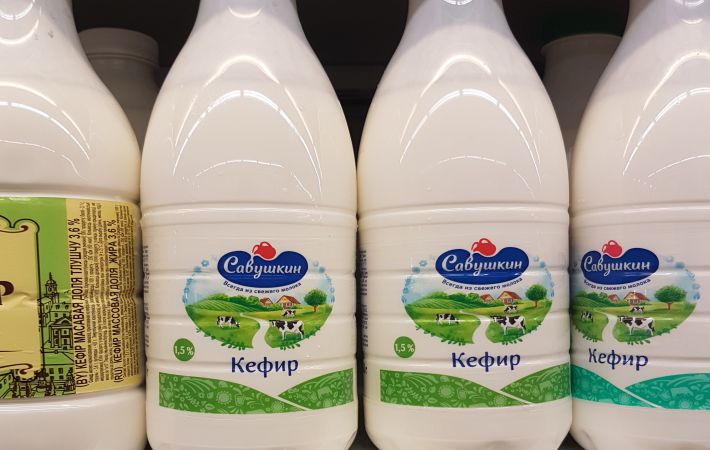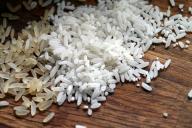Kefir is drunk by both young and old.
This is perhaps the most popular fermented milk product not only in our country, but also in the world.
It is obtained by fermenting milk using special microorganisms for this purpose: yeast, bacteria and lactic acid streptococci.

Most often the drink is white. In our country it has Caucasian origins. Local residents idolized this drink – it became an important part of ritual actions.
It was common practice to make the starter yourself, as it was believed that the "miraculous fungi" would lose their properties when transferred to other people's hands. Since then, the "fermented milk miracle" has spread throughout the world, giving everyone a chance to appreciate its unrivaled taste qualities.
Benefits and harms of kefir
Let's start with the undeniable benefits:
1. Healthy lifestyle followers believe that kefir is useful as a stimulant for the digestive system. And they are right. Regular consumption of kefir helps maintain the health of the digestive tract.
2. The product contains a lot of proteins, which are absorbed faster than proteins in similar products.
3. It is a source of a large amount of vitamins, carbohydrates, fats, natural sugar, and minerals.
4. The main thing people love it for is its taste, coupled with its refreshing effect.
5. Kefir can act as a probiotic, promoting better absorption of food consumed together with kefir.
6. The drink is beneficial for almost all systems of the human body: cardiovascular, genitourinary, endocrine and others.
7. The drink effectively fights pathogenic bacteria in the digestive system and prevents the penetration of intestinal infections.
8. Dysbacteriosis – kefir is not a problem, it copes with this disease perfectly.
9. The product helps to improve immunity.
110. A remedy for combating chronic fatigue, the effects of stress, depression, and sleep problems.
11. The drink speeds up metabolism.
12. Useful for patients with anemia.
13. Useful for regulating the amount of hormones in the body.
14. The drink helps remove toxins from the body.
15. Kefir is good as a means for cleansing blood vessels.
16. The product has proven itself as a high-quality antioxidant.
17. Helps with allergies and asthma.
Let's look at the negative aspects:
1. You should be careful with kefir if you have ulcers and gastritis.
2. Individual intolerance to the product is possible.
3. Young children may experience problems with the gastrointestinal tract.
4. Reduces alertness and concentration with prolonged use.
5. Due to fermentation, kefir still contains alcohol in small quantities.
How to drink kefir
1. Do not drink the drink chilled, it is advisable to bring the kefir to room temperature.
2. Add sugar to taste if desired.
3. Better carefully, in small sips.
4. Drink up to 400 ml of kefir per day.
Kefir production
The starter is added to the milk and then mixed. The mixture is left to stand for 10-12 hours at room temperature until a thick consistency is formed.
The mixture is thoroughly mixed, then cooled to a temperature of about 15 degrees. At the next stage, the mixture is cooled to 10 degrees and left for two days to saturate with carbon dioxide, reduce humidity and increase strength. Yeast promotes swelling of the protein and accumulation of alcohol.
Evaluate the useful properties of the product and start eating right. If difficulties arise, it is better to contact nutritionists to create an optimal diet. Good luck!
Earlier, a doctor of biological sciences revealed which oil helps reduce cholesterol in the human body.








